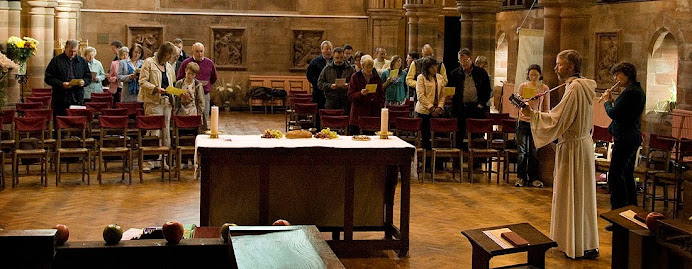Do Jonah's three days in the belly of the fish pre-figure the three days between Jesus' death and resurrection? The author of the Jonah story could hardly have thought so, but what did Jesus think?
Jonah thought of himself as a sacrifice to appease an angry God. What did Jesus think about his own sacrifice? He doesn't seem to have thought that God was angry with him, but there is a rather odd idea in some parts of the New Testament that the crucifixion was a punishment for the sins of the world.
The idea is odd for two reasons. One is that the idea of a scapegoat had been rejected centuries previously, and replaced by the principle of individual responsibility. The other is that Jesus' own understanding of his approaching death seems to have been based on the Passover sacrifice, which has nothing to do with punishment but everything to do with liberation.
So what are we left with? The idea that Jesus died to set people free, certainly, but we need to be very clear what from and what for.
